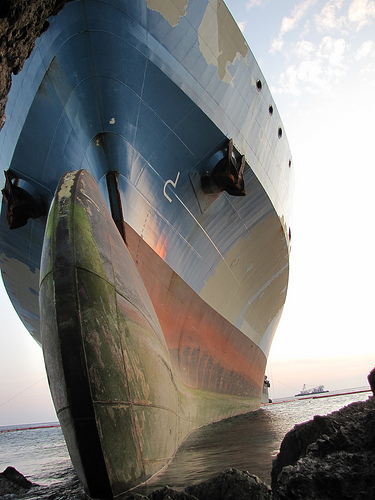Studies undertaken at SIPRI show that when the owners, operators or officers of ships are complicit in destabilizing arms transfers or the smuggling of narcotics, cigarettes, counterfeit goods or oil, the ships involved tend to have poor or very poor safety inspection records.
High profile pollution disasters highlight the threats posed to the world's oceans by poorly-regulated, unsafe or substandard ships and transport practices.
States have responded to these threats by introducing more stringent and harmonized safety and environmental inspections – known as Port State Control (PSC) – of foreign vessels visiting their ports.

Maritime inspections and technologies geared towards environmental protection and safety at sea could be deployed to specifically target unsafe or deficient vessels suspected of transporting these destabilizing commodities.
This ship safety – smuggling nexus suggests the utility of a holistic approach to maritime security which considers that the same measures put in place to protect the ocean environment could be used to better safeguard the well-being of populations negatively affected by the production, transfer or use of destabilizing commodities such as illicit arms, narcotics and other smuggled goods.
A key research area within SIPRI's transport and security activities are the potential synergies that exist between instruments and technologies geared toward environmental protection and the need to better monitor and control vessels engaged in destabilizing commodity flows and other illicit maritime activities.